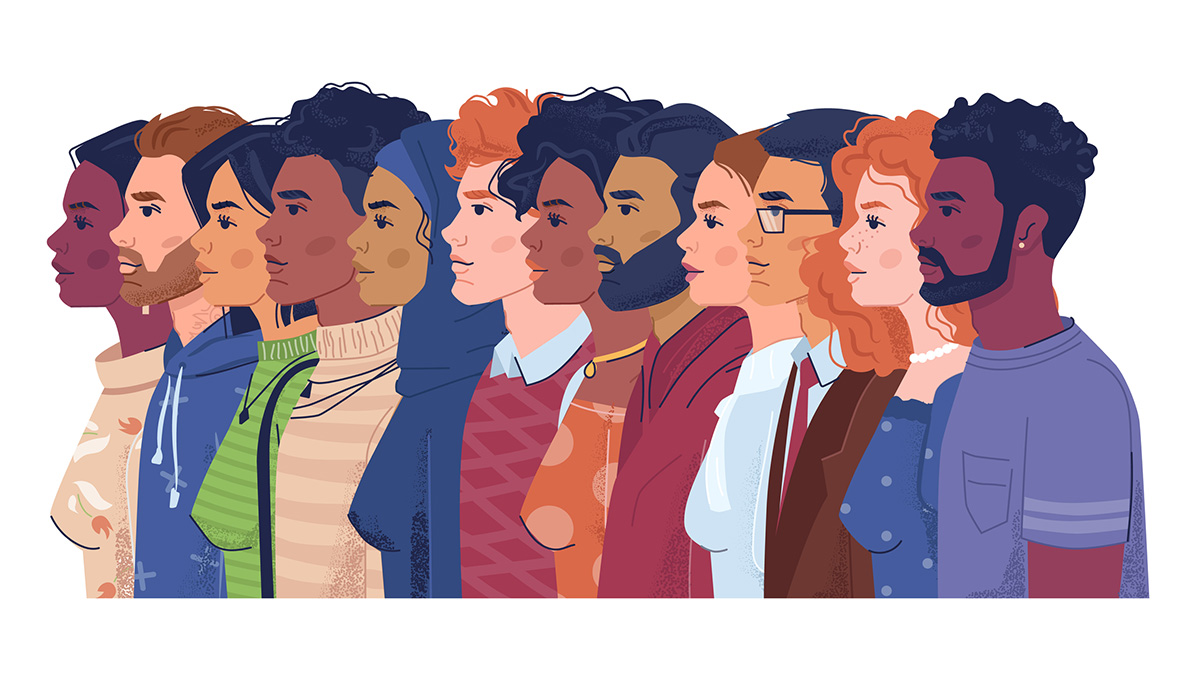Introduction to Equity
In today’s world, the concept of equity is gaining significant attention. It is a term that is often used interchangeably with equality, but there are important distinctions to be made. Equity refers to fairness, justice, and impartiality in providing resources, opportunities, and outcomes to individuals and communities. It recognizes that not everyone starts from the same position and aims to level the playing field. Understanding equity and its significance is crucial for creating a more inclusive and just society.
Defining Equity in Today’s World
Equity, in its simplest form, means ensuring that everyone has access to the same opportunities and resources, regardless of their background or circumstances. It is about providing individuals with what they need to thrive, rather than treating everyone the same. This approach acknowledges that different people have different starting points and may require different levels of support to achieve equal outcomes. Equity recognizes and addresses systemic barriers that contribute to inequality and seeks to dismantle them.
The Significance of Equity in Various Contexts
Equity holds immense significance in various contexts, including social, economic, and political spheres. Social equity aims to create a society where everyone has equal access to healthcare, housing, education, and other essential services. It seeks to eliminate discrimination and ensure that marginalized communities receive equitable treatment and opportunities. Economic equity focuses on addressing income and wealth disparities, striving for fair distribution of resources and economic opportunities. Political equity aims to ensure equal representation and participation in decision-making processes, regardless of race, gender, or socioeconomic status.
Differentiating Equity from Equality
Equity and equality are often used interchangeably, but they have distinct meanings. While equality focuses on treating everyone the same, equity recognizes the need for targeted interventions to address historical disadvantages and systemic barriers. Equality assumes that everyone starts from an equal position, disregarding the existing disparities. In contrast, equity acknowledges that individuals have different needs and circumstances, and seeks to provide them with the necessary support to achieve equal outcomes. It is about fairness and justice, rather than just uniformity.
Understanding Social Equity and Its Impact
Social equity is a fundamental aspect of a just society. It aims to ensure that all individuals, regardless of their background or identity, have equal access to resources, opportunities, and rights. Social equity recognizes and addresses historical and structural barriers that perpetuate inequality. By promoting social equity, we can create a more inclusive society where everyone has a fair chance to succeed. It involves addressing issues such as poverty, discrimination, and systemic biases to ensure that everyone’s basic needs are met and that everyone has an equal opportunity to thrive.

Equity in Education and Its Importance
Equity in education is crucial for creating a fair and just society. It involves providing all students, regardless of their background, with equal access to quality education and resources. Educational equity recognizes that students come from diverse backgrounds and have different needs. It seeks to bridge the achievement gap and ensure that all students have an equal opportunity to succeed academically. By promoting educational equity, we can break the cycle of poverty and provide individuals with the tools they need to lead successful and fulfilling lives.
Promoting Equity in the Workplace
Equity in the workplace is essential for fostering a diverse and inclusive environment. It involves ensuring that employees are treated fairly, regardless of their race, gender, age, or other protected characteristics. Workplace equity includes fair hiring practices, equal pay, and opportunities for career advancement. It also entails creating a work culture that values diversity and provides support and accommodations for individuals with different needs. Promoting equity in the workplace not only benefits employees but also leads to increased productivity, innovation, and overall business success.
The Role of Government in Achieving Equity
Governments play a crucial role in achieving equity in society. They have the power and responsibility to implement policies and initiatives that promote fairness and justice. Governments can enact laws to protect individuals from discrimination and ensure equal access to essential services. They can invest in social welfare programs that address poverty and provide support to marginalized communities. Governments can also promote equity through education policies that address the achievement gap and provide resources to underprivileged schools. By actively working towards equity, governments can create a more inclusive and just society for all.
Challenges and Barriers to Achieving Equity
While equity is an ideal to strive for, there are numerous challenges and barriers that hinder its realization. Deep-rooted systemic biases, discrimination, and unequal distribution of resources pose significant obstacles to achieving equity. Inadequate access to quality healthcare, education, and employment opportunities further perpetuate inequality. Lack of awareness and understanding of the importance of equity also contributes to its challenges. Overcoming these barriers requires collective action, social change, and a commitment to dismantling systemic inequalities.
Ways to Promote Equity in Your Everyday Life
Promoting equity is not just the responsibility of governments and institutions; it is something that every individual can contribute to in their everyday life. Educate yourself about social issues and the impact of inequality. Support organizations and initiatives that work towards equity. Advocate for policies that promote fairness and justice. Engage in conversations and challenge biases and discrimination. Treat everyone with respect and dignity, regardless of their background. By taking small steps in our daily lives, we can all contribute to creating a more equitable and inclusive world.
